The Polish section of MDW E70 is a very diverse trail in terms of tourism. The reservoirs themselves are completely different: from wide ones, meeting international standards, through the historically oldest canals in Poland, to calmly meandering rivers. The common feature of the entire waterway is the presence of numerous hydro-technical structures, mainly locks, but also hydroelectric power plants and weirs.
MDW E70 runs through rich – often protected – natural environments. Along the trail, there are many cities and towns with preserved monuments, museums and interesting, cyclical cultural events. Many of them are situated directly over the water and have marinas.
Undoubtedly, it is an attractive trail for tourists looking for various impressions: from boating, through nature, to enjoying cultural monuments. In this text, we describe the route “sailing” from the west to the east.
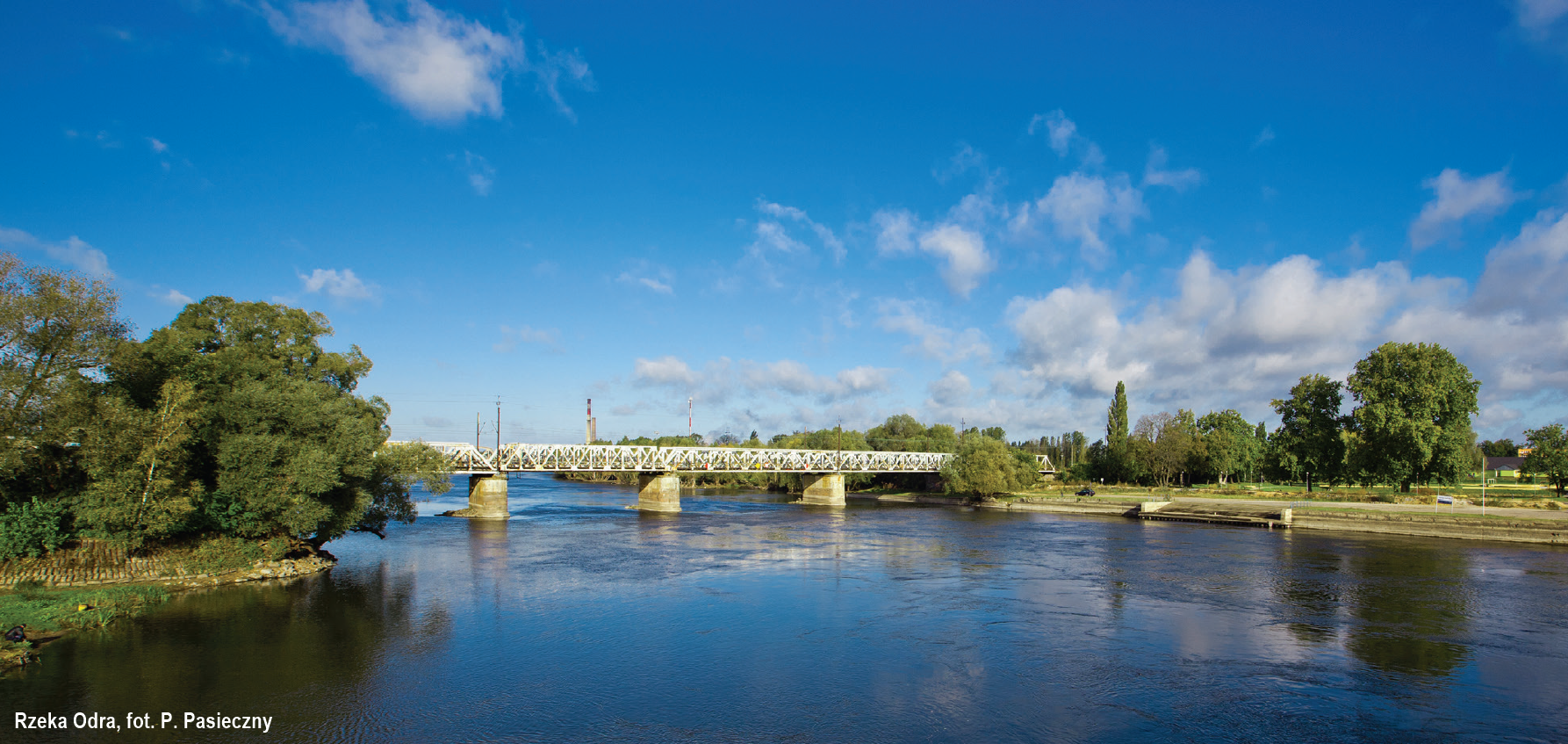
The Odra is the second longest river in Poland (854 km), but the third if we count the river’s course within our country (742 km).
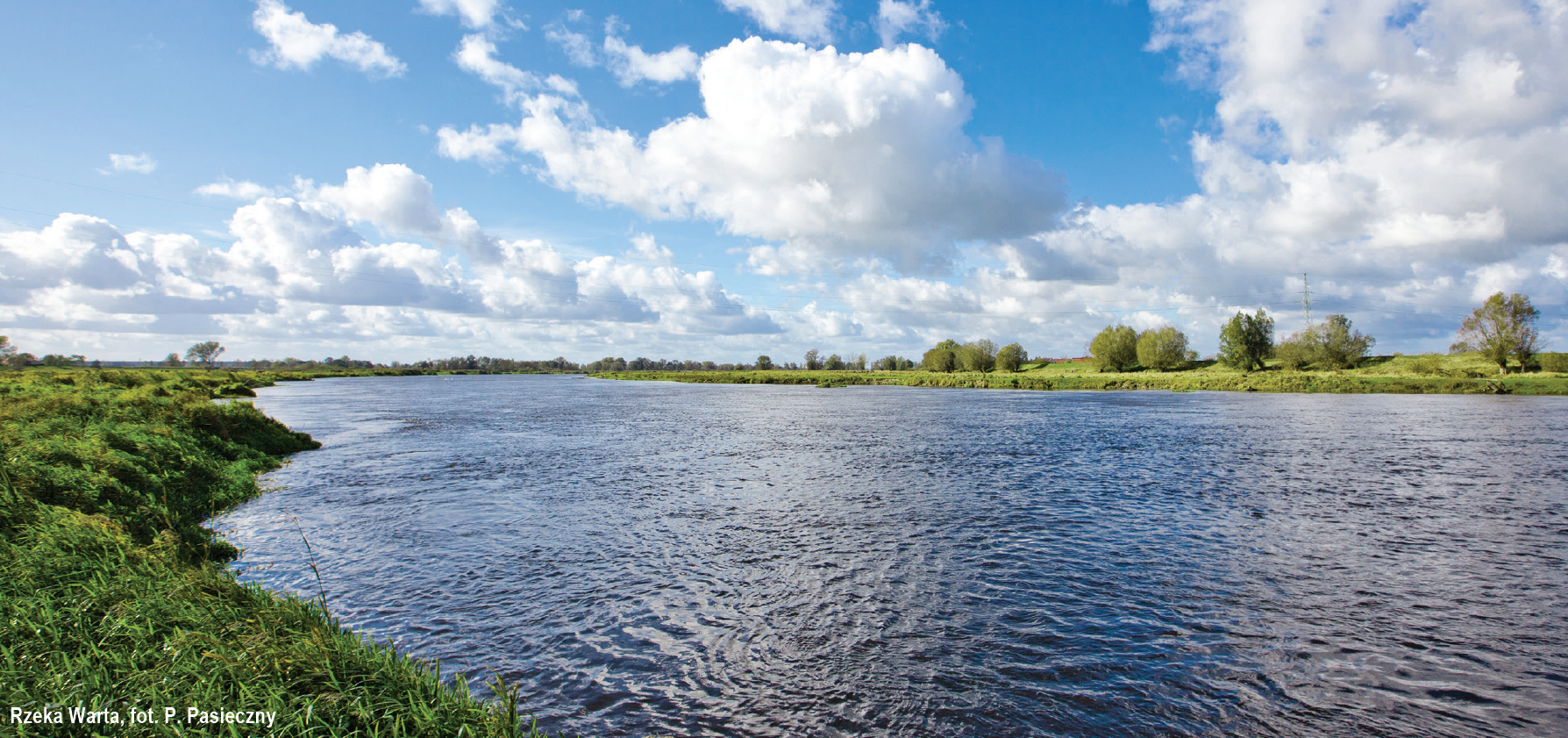
The Warta is the longest tributary of the Odra, the third longest (808 km) and the second longest river flowing entirely within Poland.
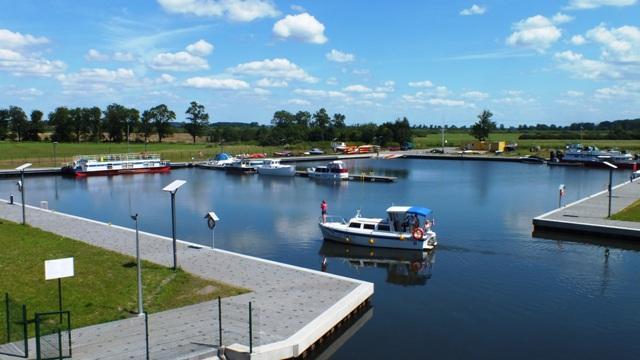
The Noteći s the largest tributary of the Warta (391 km). It is divided into two sections: Upper Noteć (187 km) – from the sources to Nakło at the Noteć, and Lower Noteć (204 km) – from Nakło to the estuary to the Warta in Santok.
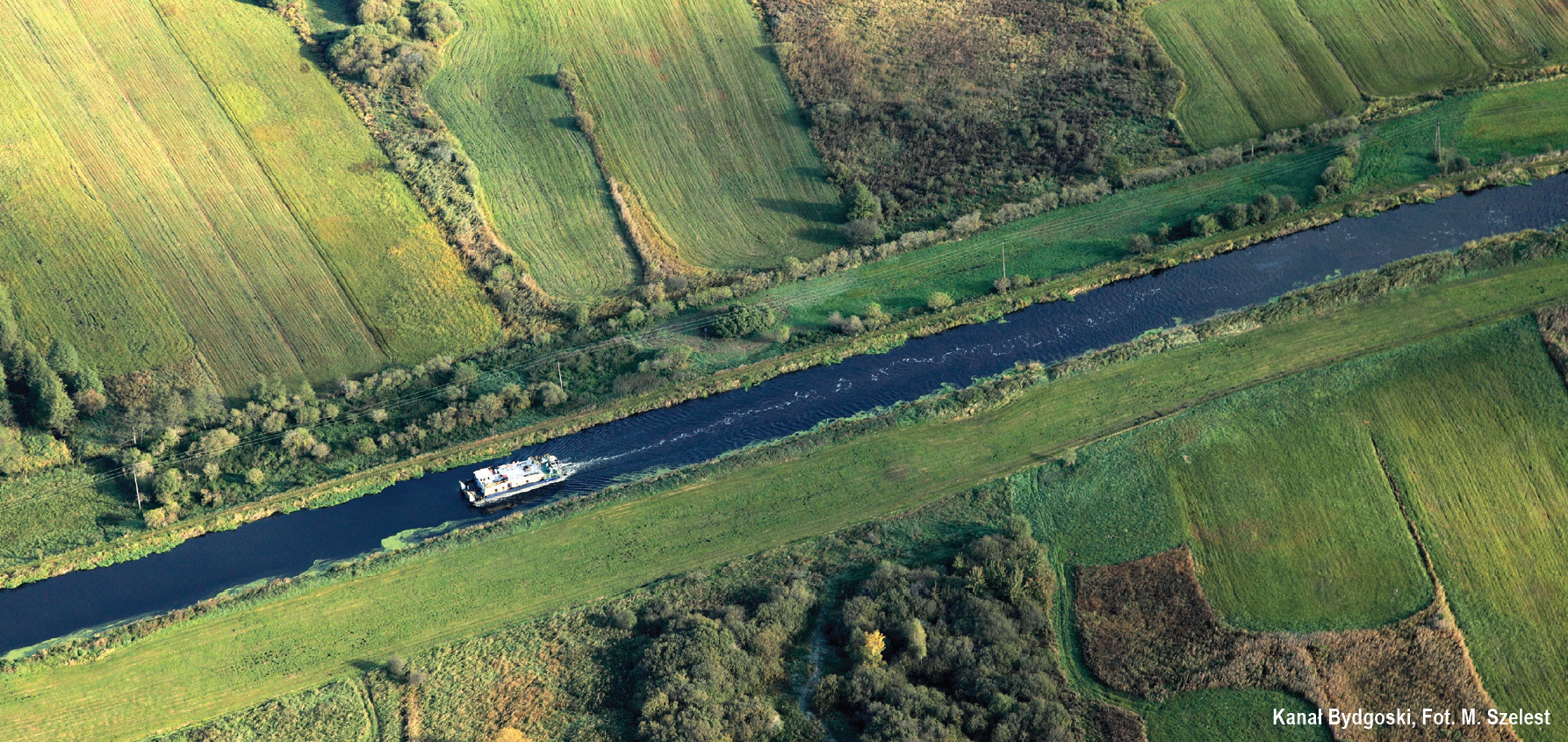
The Bydgoszcz Canal (BC) is – after the Jagiellonian Canal – the second oldest operating navigable canal in Poland.
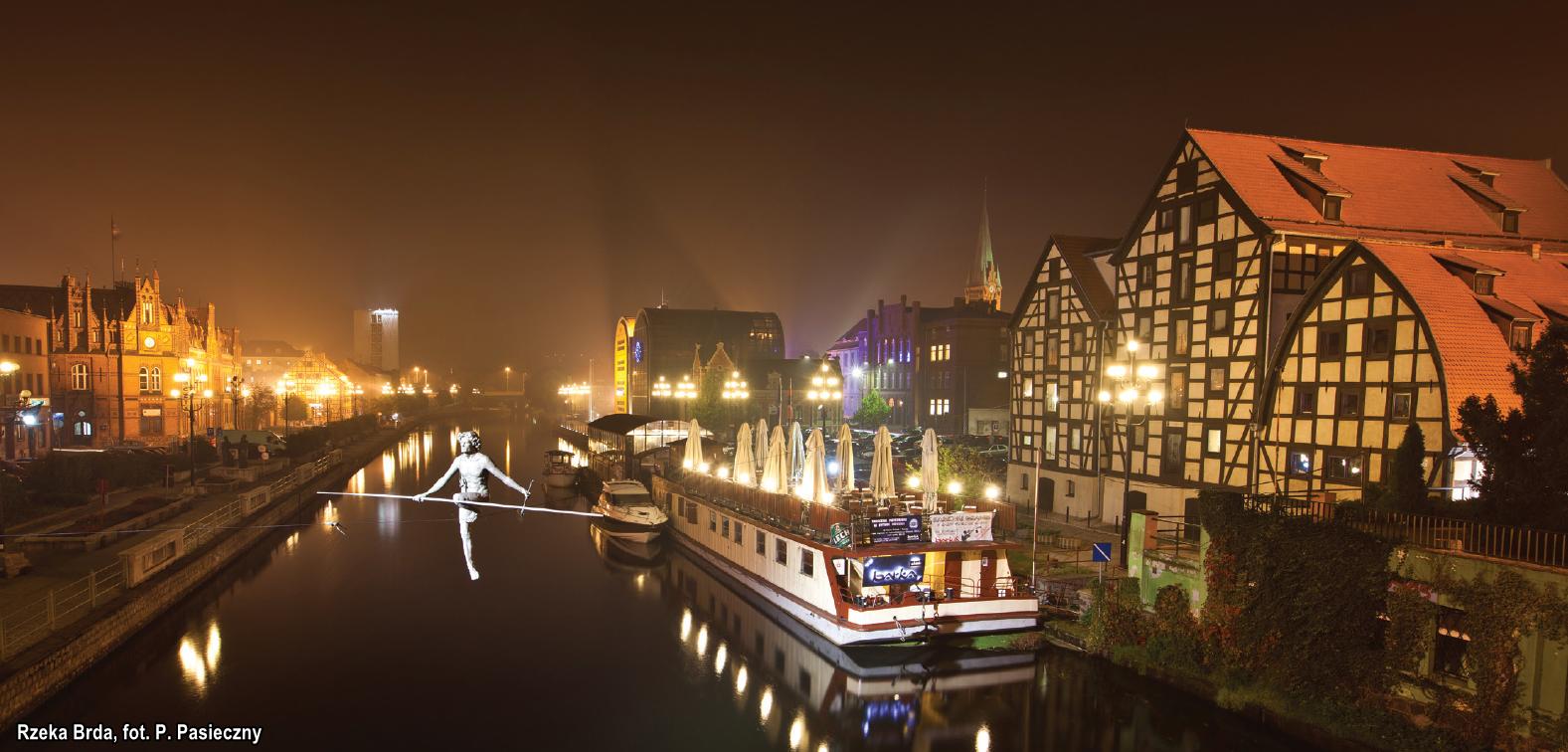
The Brda is the largest tributary of the lower Vistula. It is 238 km long, of which 15 km of the canalised estuary – from the connection with the Bydgoszcz Canal to the estuary of the Brda River to the Vistula River, is part of MDW E70.
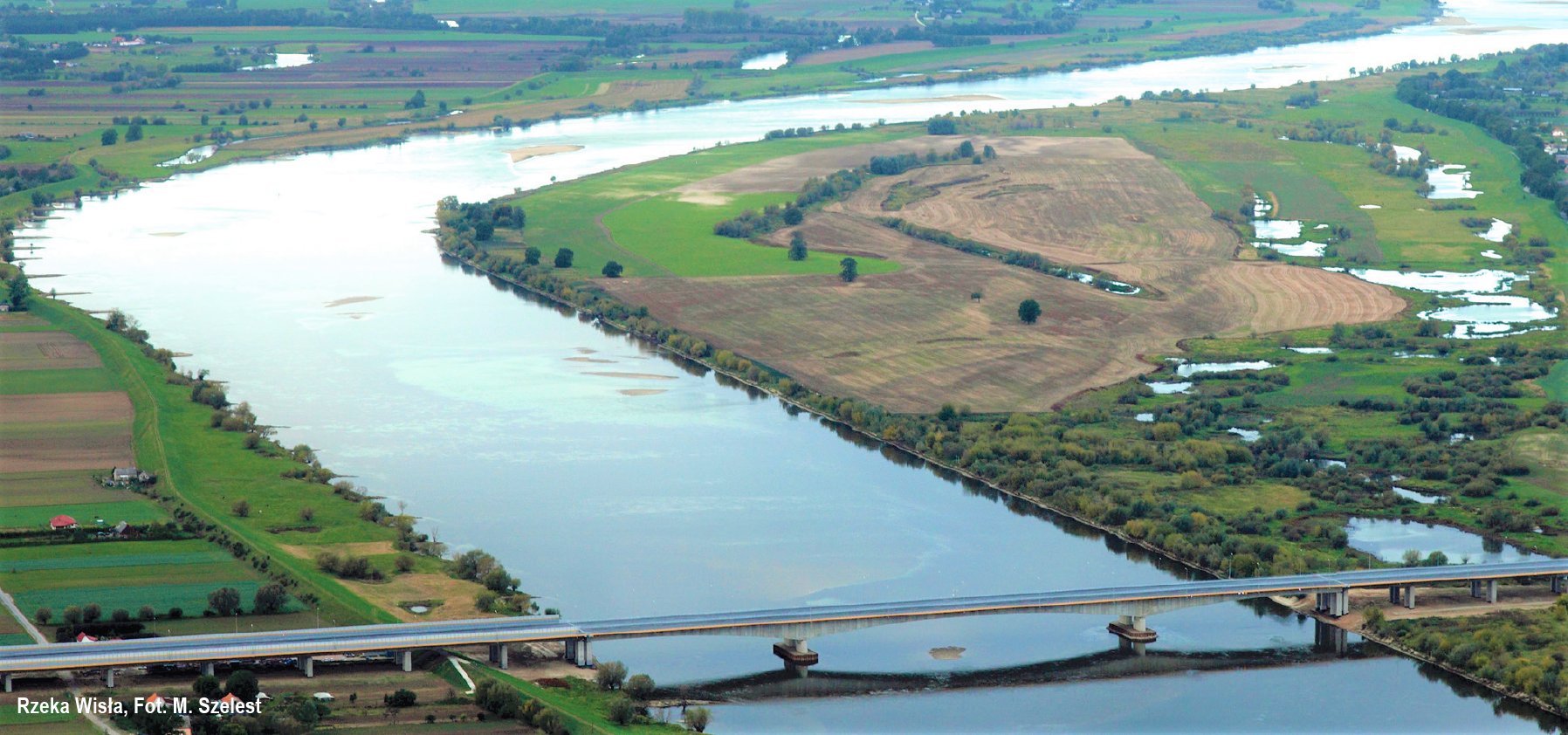
The queen of Polish rivers is connected with MDW E70 for 159 km. On the trail – from the estuary of the Brda River – we pass several historic cities that used to be defensive in the past: Chełmno, Grudziądz, Świecie, Kwidzyn and Gniew.
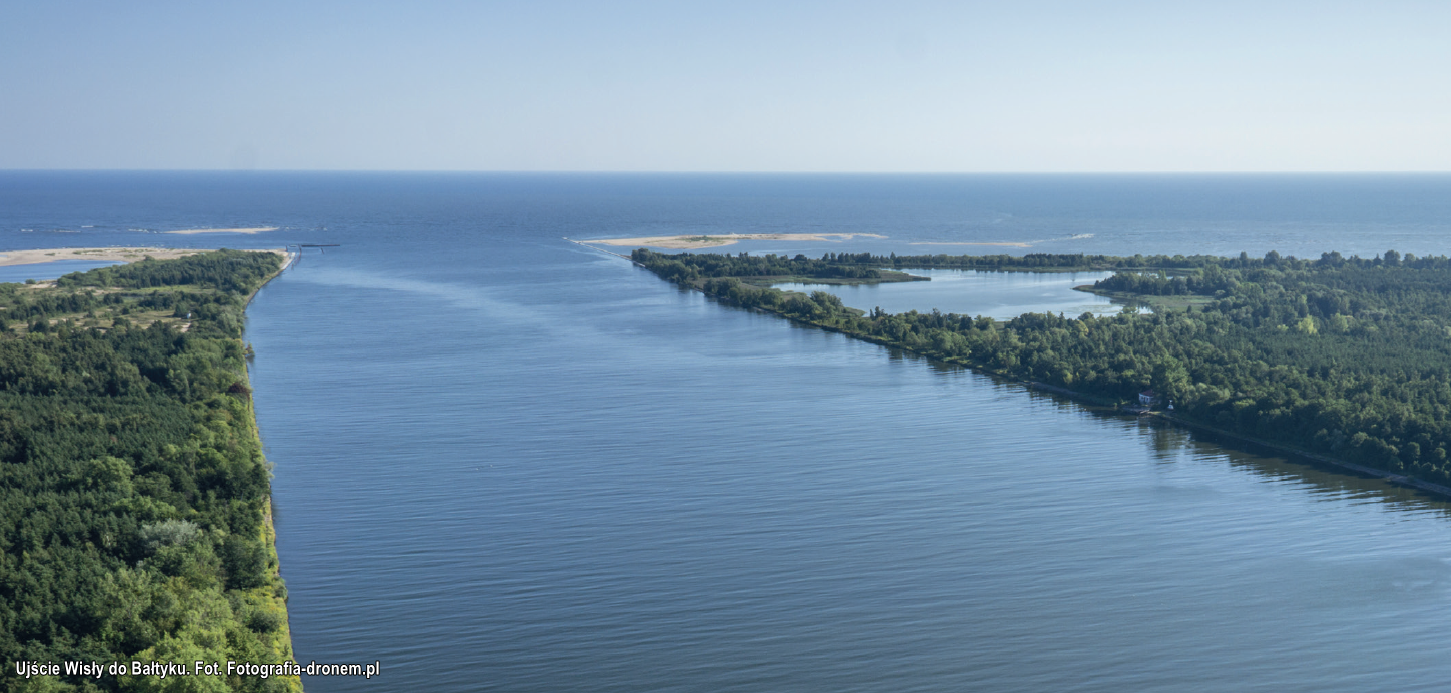
Many people are not aware of the fact, that the Vistula flows into the sea through the ditch, made artificially in 1891-1985, which shortened the river by about 10 km.
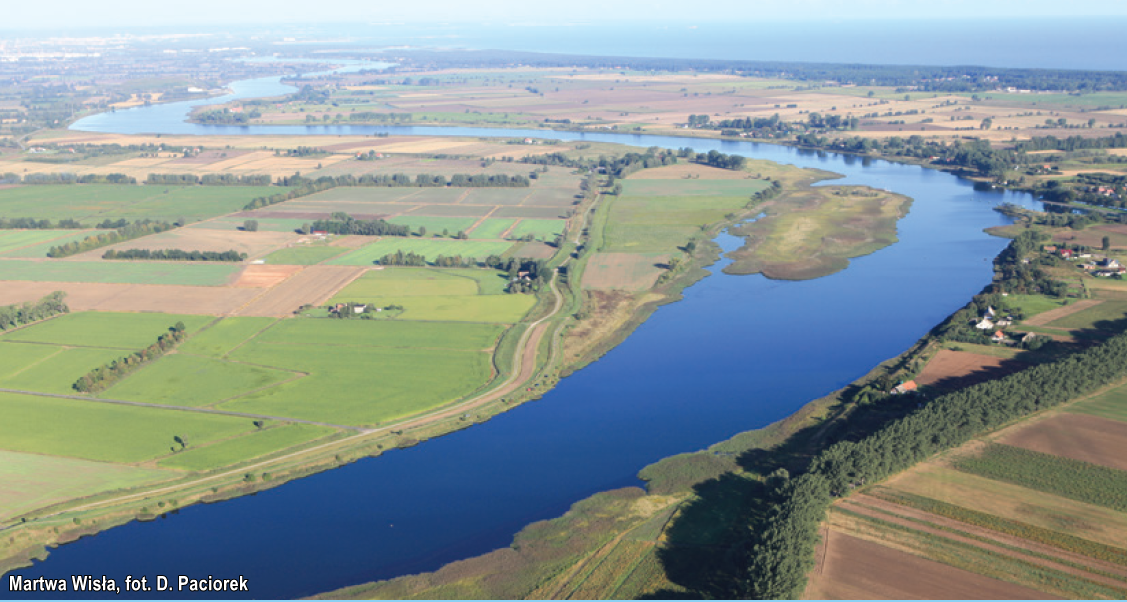
The Martwa Wisła is the left estuary arm of the Vistula from the lock in Przegalina (936 km) to Gdańsk. The Martwa Wisła is a Vb class river, allowing navigation for vessels with a draft of up to 3 m.
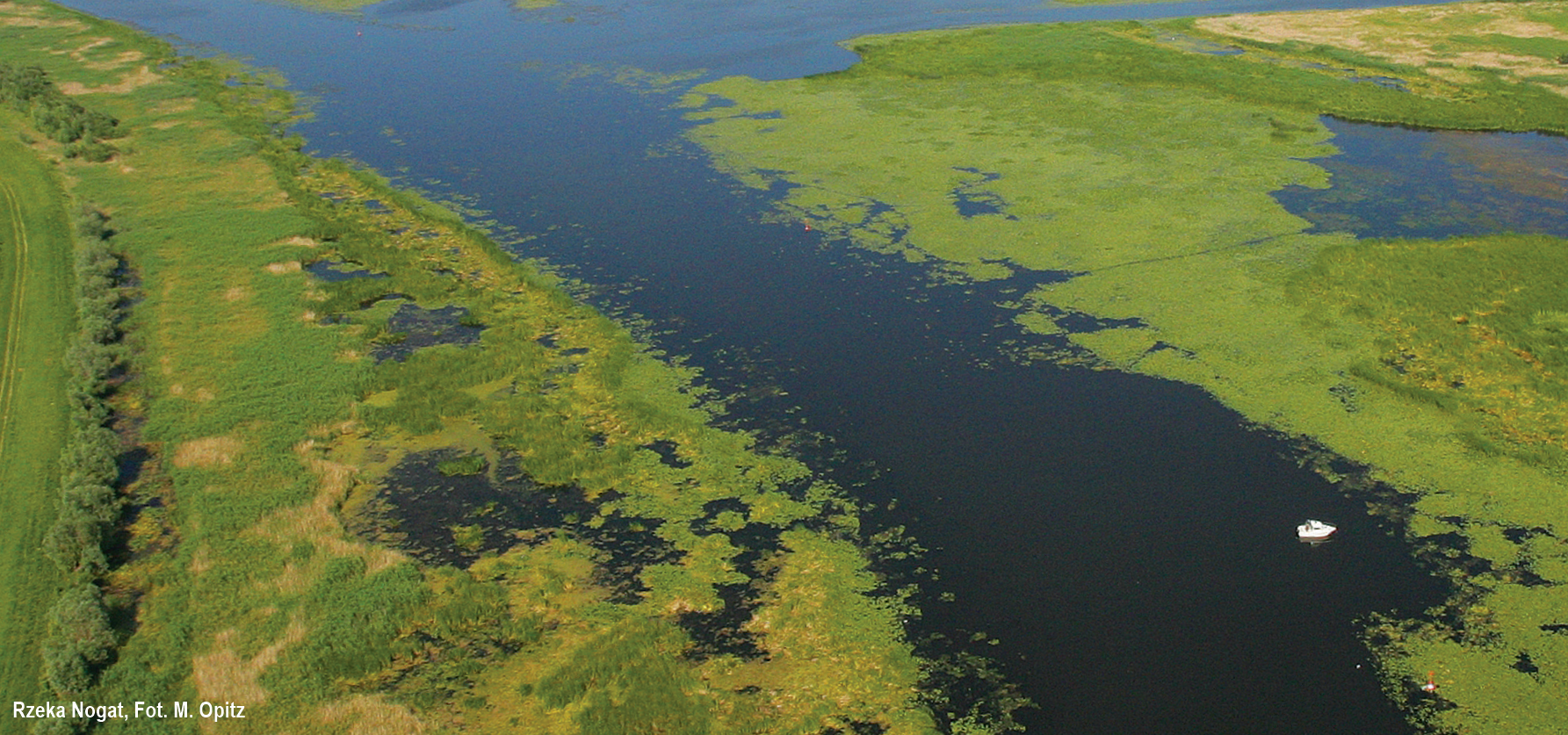
The Nogat is the right estuary arm of the Vistula River, separated from it by the Biała Góra Lock (887 km), flowing into the Vistula Lagoon with numerous arms forming a small delta. At the lock, there is a marina built under the Żuławy Loop project.
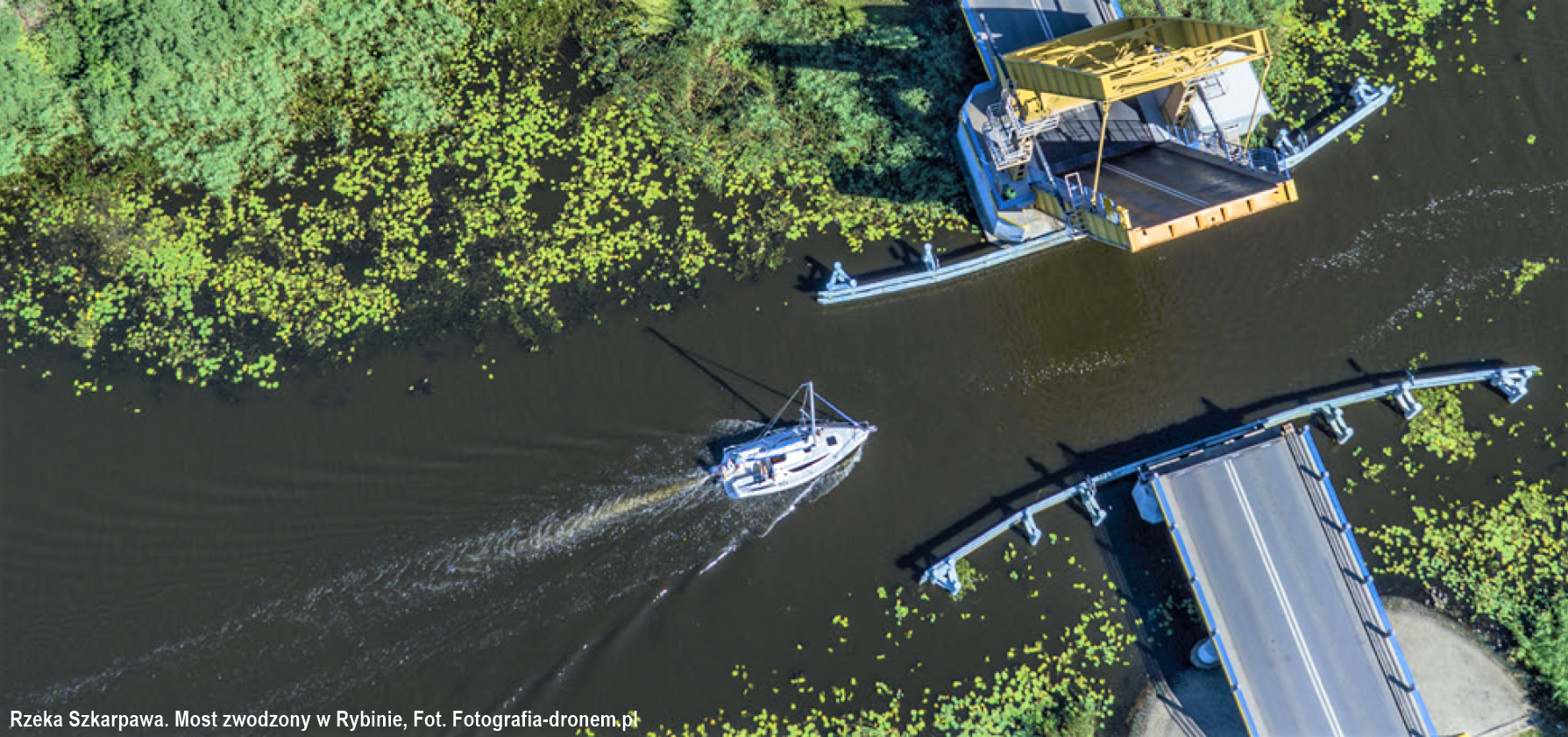
The Szkarpawa (length 25.4 km, class II navigability) is entered by the Gdańsk Head lock (km 931 of the Vistula), built in 1895 on the site of a 17th-century fortress protecting access to Gdańsk.
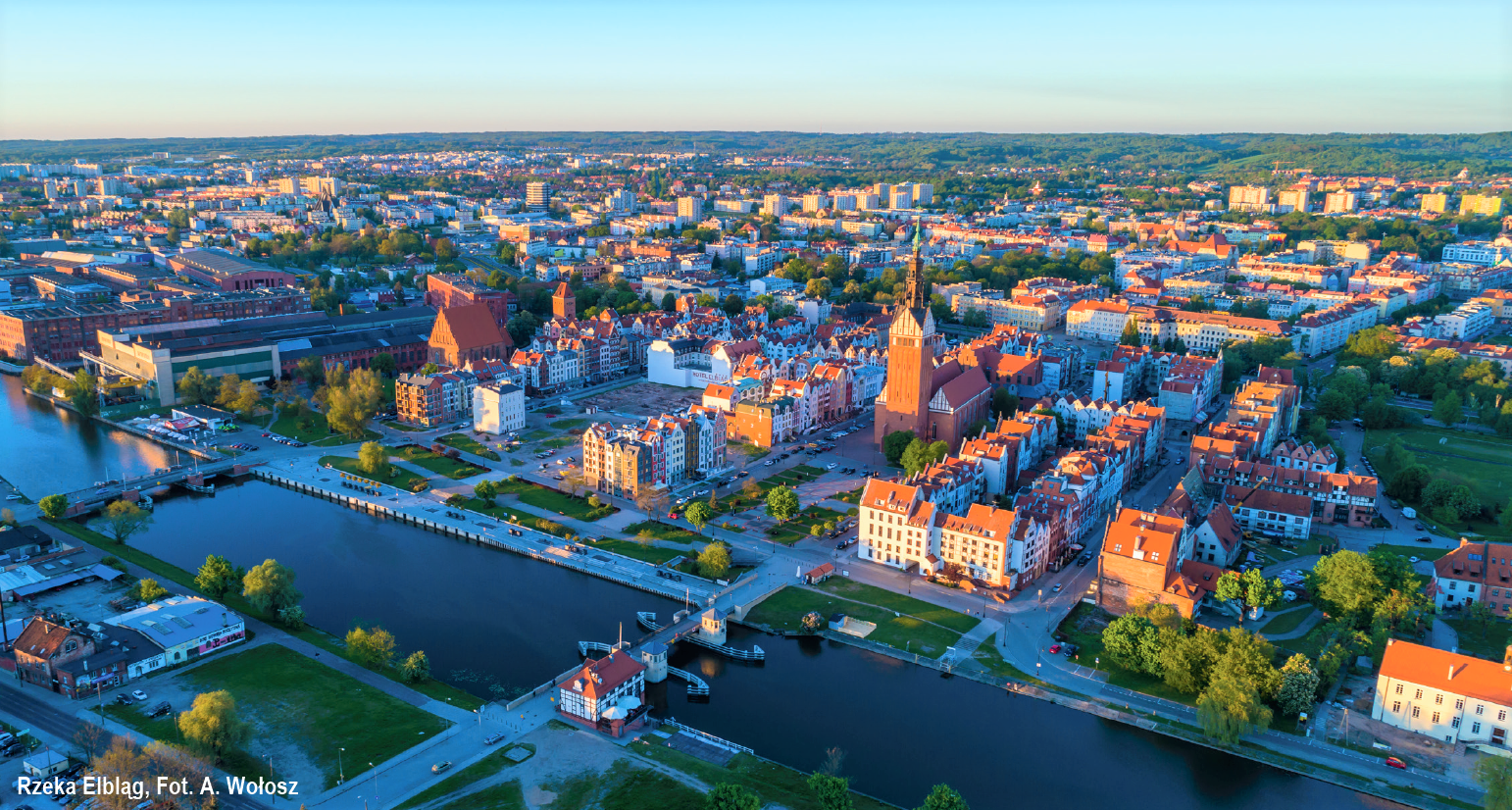
The Elbląg River (length: 14.5 km) flows out of Lake Druzno and into the Vistula Lagoon. It connects with the Elbląg Canal through the Druzno Lake, and with the Nogat through the Jagiellonian Canal.
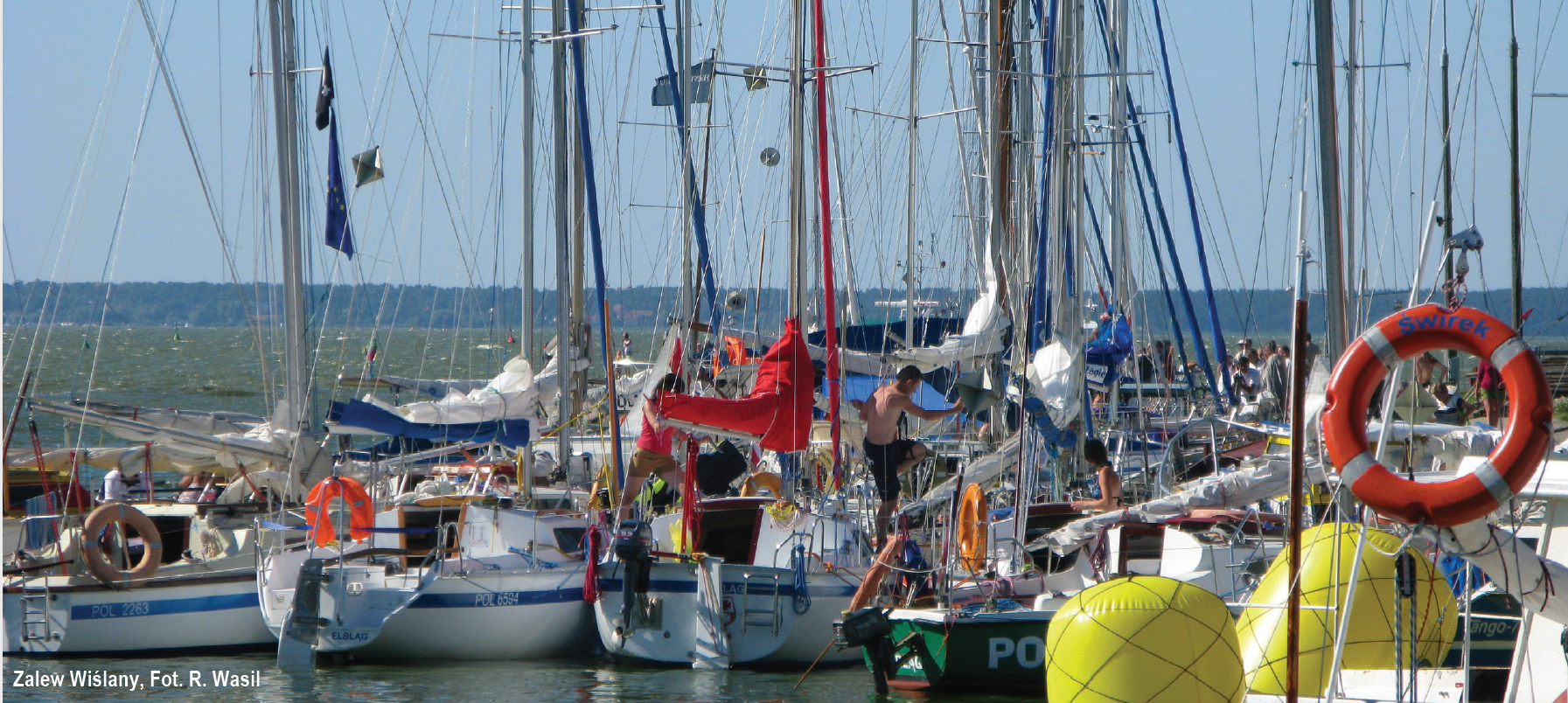
The Vistula Lagoon is the largest Polish reservoir. It is 90.7 km long, 7-13 km wide and has an area of 838 square km. It is divided by the Polish-Russian border. The Polish part is 35 km long and covers an area of 328 square km.



